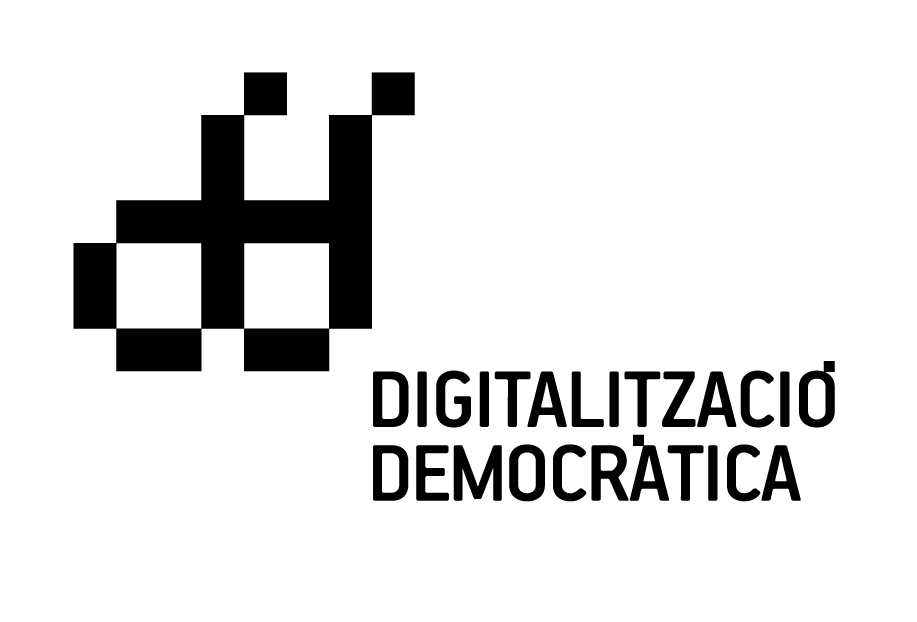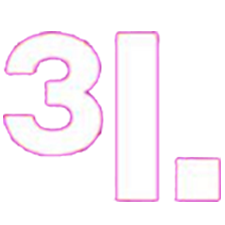[This project has already been implemented in a pilot phase in schools in Barcelona City]
Infrastructure that is agile, auditable, interoperable and comprehensive for everyday digital activity (in education)
Between 80 and 95% of the data, activities in the digital environment and content of Europeans are generated and stored in non-European Big Tech clouds. This affects not only the sovereignty of people but also the possibility of innovation and research as a society more generally.
In the field of education in Spain, in Catalonia, and, more precisely, in the city of Barcelona, our organisation (Xnet) is already implementing its Plan for the Democratic Digitalisation of Education in collaboration with participating families and schools and the City Council.
In 2019, several families in Barcelona were alarmed by the fact that the digitalisation of their children’s schools was being carried out solely through instruments in which their data and content were managed by Big Tech without any other solid option proposed. For this reason, we joined together with some of the affected families to design the Plan for the Democratic Digitalisation of Education which included an alternative comprehensive digital tool, known as the “DD”. We presented the plan to the public institutions and Barcelona City Council agreed to generate a tender for companies to be able to cooperate in the plan to develop the proposed code.
It is currently being implemented at 11 schools in Barcelona and we are beginning collaborations with stakeholders in the Basque Country, France, Germany, Denmark and others. There is a saying among hackers that says you don’t need to solve problems twice. We didn’t actually invent the wheel with this idea: the tools needed to create alternatives already exist, but we need institutional commitment to improve them and bring them to the level of Big Tech’s offerings. It is absolutely possible.
DD comprises a body of existing, widely established auditable software such as Nextcloud, Moodle, Big Blue Button, WordPress, Etherpad and others.
The goal is to generate auditable public code that is as easy to use as current tool, interoperable and sovereign.
It is possible and it works. It is now up to the institutions to implement it on a massive scale and further strengthen the project.
We ask that an intra-national European consortium be formed around this code so that it can become the European public code for public services.
To find out more:
User manual
History
Source code



